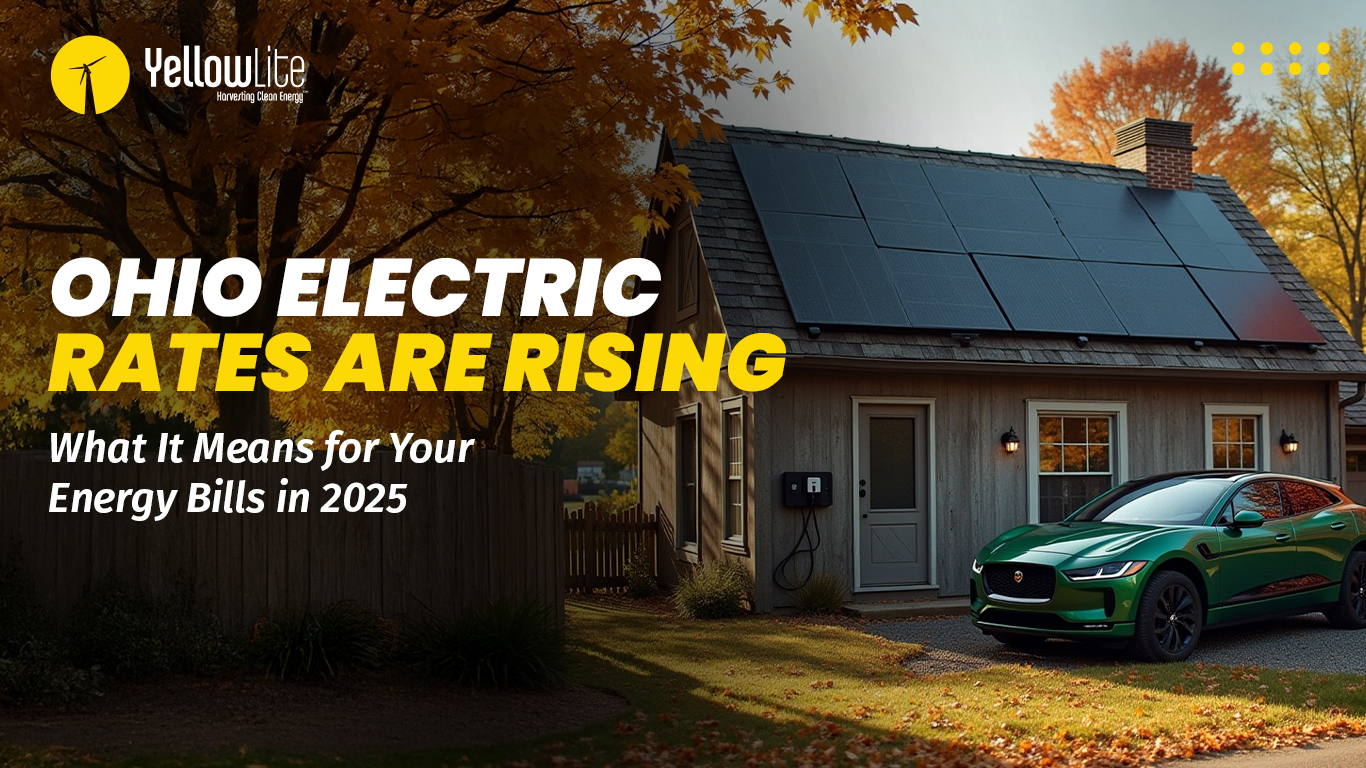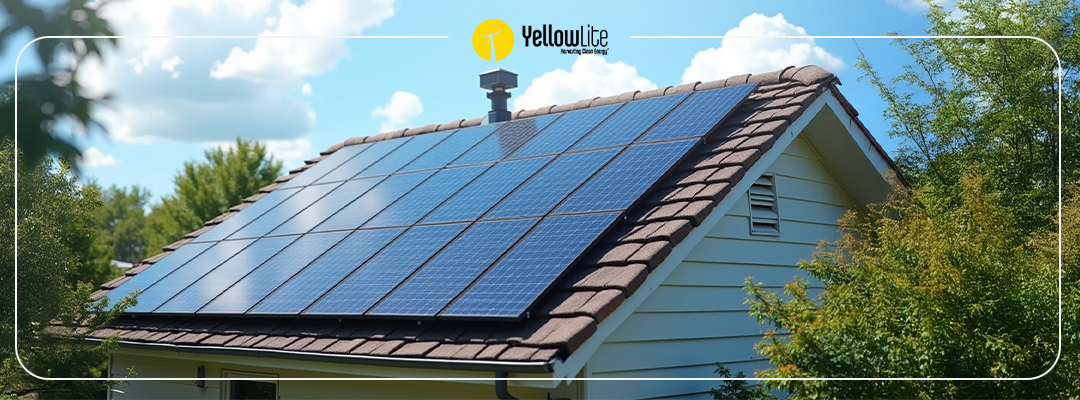How many watts does my refrigerator use?
If you're curious about how much energy your home appliances use, looking at your refrigerator is an excellent place to start. With some basic information and simple calculations, you can learn exactly how much power your fridge consumes - no electrician required!
In this blog post, we'll define wattage, how it factors into your calculations, and where you can find the information you need to get started. We'll also help you determine whether using solar panels to power your refrigerator alone could be the right decision for you.
What is a watt, and how does it relate to refrigerator energy consumption
A watt is a unit of power that measures the rate of energy transfer or the amount of energy used per unit of time. The number of watts your refrigerator consumes determines how much energy it uses and how much it costs you on your energy bill. If you look closely at your bill, you'll notice that your energy provider charges you by kWh or kiloWatt/hours. The kilowatts are the energy used, and the hours are the time your property has used that energy.
Now that you understand how wattage works, we'll take a closer look at your fridge.
How to determine refrigerator power usage
First, you need to determine the power rating of your refrigerator. You can find it listed on a sticker inside your fridge that reads "Rated Power," or "Power Consumption."
Refrigerators use anywhere from 100-800 watts per hour, with most models falling in the range of 150-300. For this blog, we'll assume your refrigerator has a 300w power rating, which means your refrigerator consumes 300 watts per hour.
How many solar panels would it take to power your refrigerator?
You can calculate how many solar panels it would take to power an appliance using this formula:
Hourly appliance wattage consumed/solar panel wattage
Most residential solar panels use between 250-400 watts, so it's safe to use 300 for our estimate.
To power a 300-watt fridge, it would only take one solar panel. For the most powerful refrigerators at around 800 watts, you'd still only need 2-3 panels.
Should I buy solar panels that power only my refrigerator?
When customers ask whether they should consider purchasing enough solar panels to power one appliance in their home, we'd ask, "which appliance?"
Considering that heating and cooling account for half of your energy consumption, the answer is a resounding YES! You can read our blog about that here. in-line link to that blog
Your refrigerator only consumes about 8-10% of your energy, behind heating and cooling, water heater, and lighting. While refrigerators can be energy hogs, powering only 10% of your home isn't an efficient way to spend money, considering you still need to pay to install the system.
The average residential solar system is around 20-25 panels, and between decreasing costs, federal tax incentives, and net metering, it's never been easier to purchase one affordably.
If you purchase enough solar panels to power an appliance, we think you should go for the ones that cost you the most: heating and A/C. Many customers purchase solar arrays that cover only part of their energy needs, whether for budgetary or other reasons.
But if you purchase solar panels, it makes economical and logical sense to purchase enough to cover more than the appliances that take up 10% of your total energy load.
Do it right with Yellowlite
Refrigerators account for about 10% of your home’s energy consumption. While they do use up energy, they’d require very few solar panels to power them. If you’d like to combine solar with your existing energy supply instead of going all solar, we’d suggest you use it to account for your heating and cooling, which uses up closer to 50% of your energy consumption. With tax incentives, rebates, and net metering, you can easily cover those costs and stay within budget.
Contact our team of pro-solar experts for any questions!



